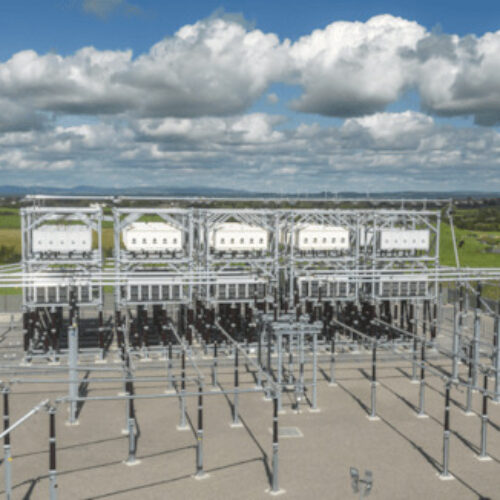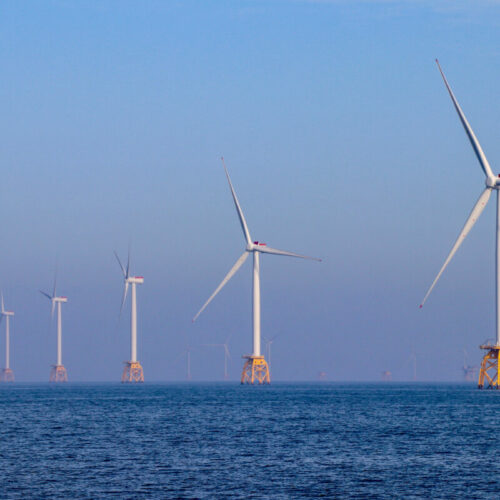The UK government has released a strategic policy statement setting out its priorities for energy transition policy in the UK.
The statement is meant to complement previous papers published by the government, like the Net Zero Strategy (2021) and the British Energy Security Strategy (2022), and provides guidance to the energy sector on the actions and decisions that are needed to deliver the government’s policy goals.
It outlines the roles of government, Ofgem and the National Energy System Operator (NESO) in the upcoming transition, as well as how each of the renewable or low-carbon energy sectors will contribute.
Roles
With special mention of the Department for Energy Security and Net Zero (DESNZ), the government defined its own role as setting the policy and regulatory framework for the energy sector in the UK.
In addition, the statement highlighted the role of the Secretary of State, who will define the extent of the regulated industry by deciding on licence exemptions and appoint members of the Gas and Electricity Markets Authority (’the Authority’).
The Secretary of State will also be the sole shareholder of the NESO, with responsibilities of the parties involved in the relationship between the government and NESO set out in NESO’s Framework Agreement, due to be published in the coming months.
The statement noted that devolved governing bodies, namely the Scottish and Welsh parliaments, will have legislative control over some aspects of energy policy.
In terms of Ofgem’s duties, any changes were outlined in the Energy Act 2023, which included considering consumers’ interests in the Secretary of State’s compliance with the net zero targets and five-year carbon budgets.
NESO, which is due to replace the current National Grid ESO as system operator this summer, will take on responsibilities across electricity, gas and hydrogen. This includes all existing functions of the ESO, so it is able to take an enhanced ‘whole system’ approach to planning and operating the energy sector.
The new organisation will be licensed and regulated by Ofgem and funded by consumers through price control arrangements.
Sectors
The statement detailed specific work to be done across several different forward-thinking low-carbon energy sources, including heat networks, hydrogen and nuclear energy production.
Heat pumps and networks are named a “crucial aspect” of the nation’s movement forward to its 2050 goals. This has been made evident from the government’s increasing investment in its Boiler Upgrade Scheme (BUS).
The scheme offers upfront capital grants of up to £7,500 for households and small businesses looking to replace their fossil fuel heating system with a heat pump or biomass boiler.
The statement also said that Ofgem could play an important role in facilitating key policies on low carbon heat, such as minimising costs or increasing levels of flexibility through the system.
When discussing nuclear energy, the strategy and policy statement referred to the British Energy Security Strategy, which set an ambition to deploy up to 24GW of civil nuclear power by 2050, meeting around 25% of the UK’s anticipated electricity demand.
Since November 2022, the government has been a shareholder in Sizewell C, a nuclear production plant in Suffolk, with EDF and made available a total of £2.5 billion of investment to support the project’s development.
The statement also touched upon the importance of small modular reactors (SMR) in the UK’s energy transition, referencing the competition launched alongside Great British Nuclear (GBN) in 2023.
However, the Environmental Audit Committee (EAC) has called for clarity on this investment of time and funds, arguing the timeline for production was “unlikely” and that there is an overwhelming skills deficit in the field.





